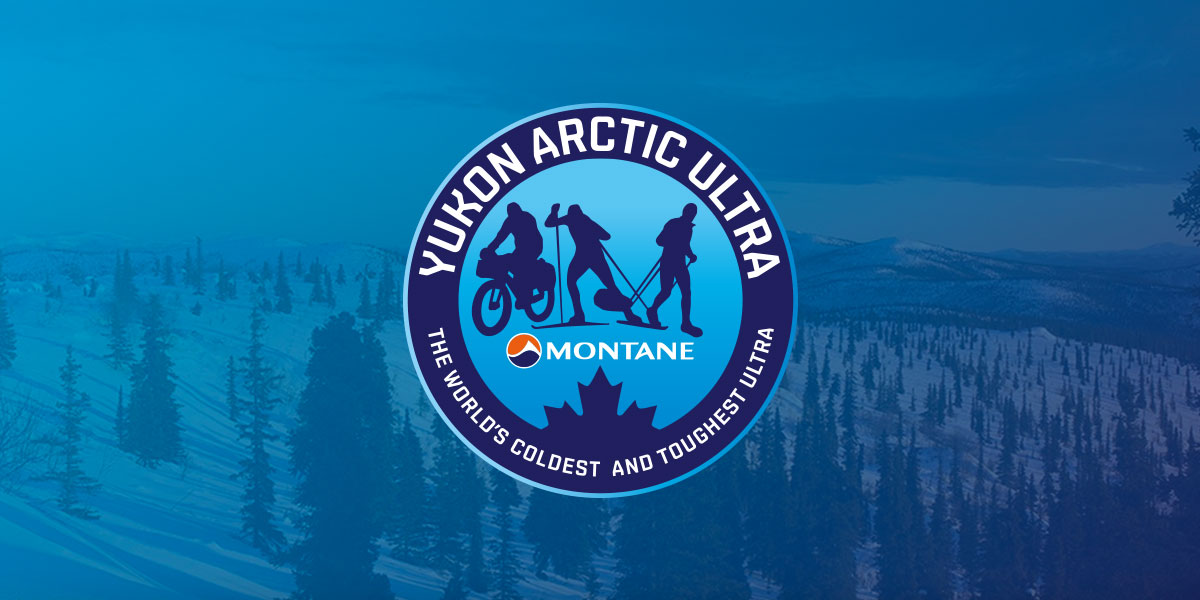
It is still too early to know exactly what the temperature will be on day 1 of the race. Right now, the forecast is for a high of – 28° C. That is without windchill! So, we may be in a temperature range that we refer to as “high alert status”. It also means that during the night of day 1 there will likely be areas of – 40° Celsius or even colder. With this update I want to make all athletes aware of the consequences of these kind of temperatures.
First of all, you need to know that in general, we do no trail checks by snow machine at night. When it is this cold the risk for guides to be out at night is even higher. This is not just because the guides also suffer from the cold. The main issue is machinery. At –40° Celsius things start to break and make a save transport almost impossible. So, there will be no snow machines coming out at night to respond help messages. Remember, a help message via SPOT to us means you have to end your race but you can stay put and wait for us to arrive the next morning. You also need to realise that even if you push the 911 button (which can only be pushed in a “life or death” situation) there will not be immediate rescue in these temperature and at night. Even in day time the extreme cold will lead to delays.
What does this mean for you?
- No compromise on your gear – as already indicated in a previous update. Sleeping system, expedition down jacket and all other clothing need to enable you to deal with these temperatures.
- Avoid sweating as much as possible, even if it slows you down because you need to make more stops to adjust layers.
- Take sufficient back-up clothing if your clothing does get damp. And it likely will get damp no matter what as the humidity may be high, too.
- Look out for each other! I recommend as you leave Muktuk Adventures and you head into the night to team up with other athletes who have gone the same kind of speed. If you come across other athletes in trouble, do stop and help. Do not worry about the time that may be lost because you need to support someone in trouble. Time lost can be credited.
- Make sure you have everything you need to make a good wood fire (matches, fire steel and fire starter).
- Don’t risk anything. If you come to Muktuk Adventures and you are realising that you have issues with handling the cold, be honest with yourself. If you continue not only will you risk your own health/life but also that of others who need to come and rescue you afterwards. Also, keep in mind that serious frostbite on fingers and toes can mean months of treatment. If you have a job where you need your hands you can imagine what problems you may be facing.
- The crew will have a very close look at how everyone is doing until CP1/Muktuk. There may be gear checks and athletes may also be asked to stop and demonstrate they can handle the cold, e.g. by resting and demonstrating they can handle the problems they have at that point in time.
- Don’t underestimate the danger of frostbite. Even those of you who have a great time and no real issues with the cold as such may get frostbite. Especially noses, cheeks and ears. And any type of frostbite means the race is over. Cover your skin, hydrate well, eat enough snacks between checkpoints. Make sure your water supplies don’t freeze and if they do know how to deal with it.
- If you do need to rest over night – no matter if it is an emergency or not – pick you sleeping space wisely. Stay out of cold spots and near useable (i.e. dry) fire wood.
- Have your shoes inside the sleeping bag if you are resting. If you leave your shoes outside they will be frozen solid.
- Be careful when handling your stoves. Fuel spills on your skin mean immediate frostbite.
- When you rested, make sure you don’t leave anything behind that is really important for your survival (e.g. smaller items like mitts that may have fallen out of your sled bag when you were packing/re-packing).
- Stay calm. I have read an interesting book once about survival and it was pretty much all about the fact that those people who stay calm and used common sense usually get out of trouble. And those who get carried away by panic and fear often make their situation worse.

